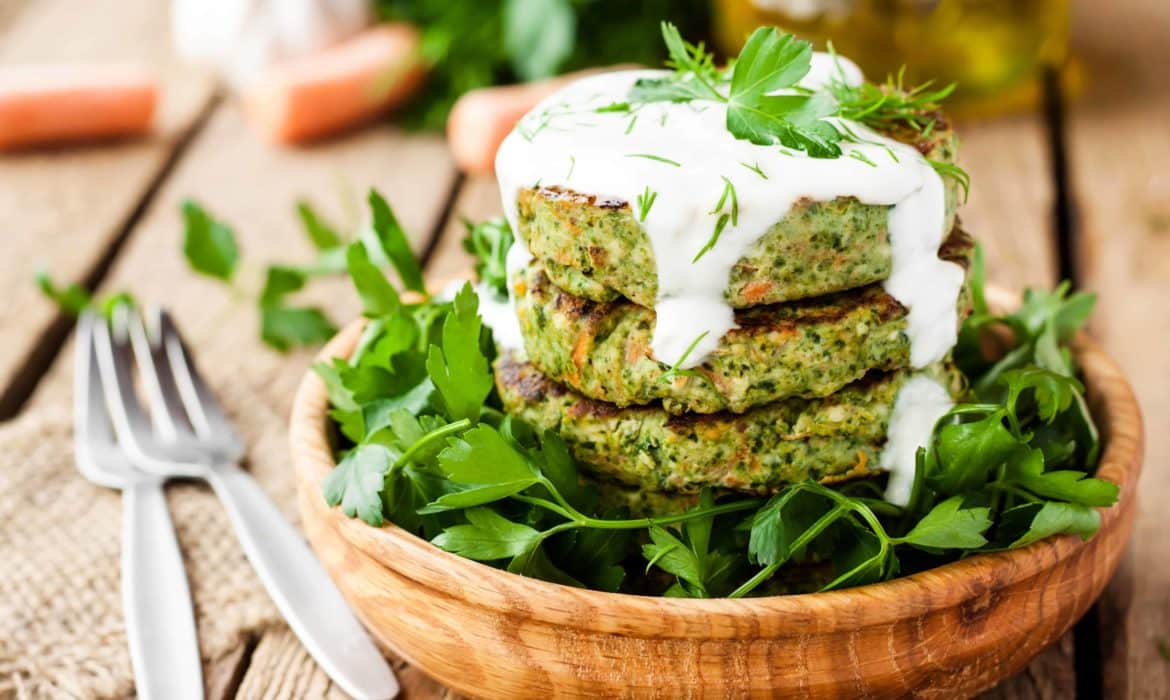By now, you’ve probably noticed less beef, pork and chicken at your local grocers due to COVID-19 outbreaks and closures of meat-processing plants. Major meatpacking plants have experienced temporary shutdowns due to more than 27,000 COVID-19 cases and 99 deaths, as of June 19, among meat-processing workers.
As the pandemic progresses, intermittent meat shortages might continue, leaving sparsely filled shelves and soaring prices at meat departments. As a result of the decreased supply, retail beef prices are projected to be 20% higher this July than last year. These higher costs, coupled with more home cooking, have consumers scrambling for alternative protein sources.
“The good news is, at this time, there are still a variety of animal and plant-based proteins available,” says Deb Ognar, RD, owner of Deb Ognar Sports Nutrition in Glenview. Animal-based proteins include fish, eggs, and dairy products such as milk, cheese and yogurt.
Look beyond meat, though, and you’ll find a plethora of plant-based foods that provide protein and make for filling, nutritious meals. “Plant-based protein options — including beans, lentils, soy foods like edamame and tofu, nuts, seeds and whole grains — are plentiful,” Ognar says.
Meatless Mondays
Plant proteins are loaded with essential amino acids — building blocks that fuel muscles — as well as vitamins and minerals. Plus, plants contain fiber, which is filling and can keep cholesterol and blood pressure in check and your intestines functioning properly.
“Eating less meat and increasing consumption of high-quality, nutrient-dense, plant-based foods may decrease the risk for heart disease, type 2 diabetes and certain cancers, and aid in maintaining a healthy body weight,” Ognar says.
Meat rationing is nothing new. The concept of meatless Mondays dates back over a century to World War I and is currently increasing in popularity because cutting meat consumption can reduce chronic diseases and benefit the environment.
Having fewer meat choices doesn’t mean you need to sacrifice protein intake. You can easily make plant-based proteins part of your everyday meal plans.
“Plant-based options at the grocery store may be easier to find during this time and may also be less expensive,” says Rebecca Levine, RD, a registered dietitian at the Center for Lifestyle Medicine at Northwestern Memorial Hospital.
Versatile options
With consumers savvier about vegetarian options and food manufacturers creating more authentic-tasting meat alternatives, it’s easy to balance your plate with plant foods.
Plant-based burgers and crumbles in tacos, chili and casseroles can easily mimic meat. “Summer grilling favorites like burgers can be substituted with plant-based burgers made of beans, lentils or vegetarian meat alternatives,” Levine says.
Now is the perfect time to try new meatless recipes. Stock up on a variety of beans, peas and lentils. If you’re using canned beans, rinse and drain them prior to using.
“Canned or dried beans are versatile and have a long shelf life,” Ognar says. “You can mash black beans into burgers, make bean-based chili or toss white beans with a pesto or tomato sauce.”
Don’t be shy about adding high-protein grains like quinoa, barley and amaranth into meals. You can also extend meat by blending mushrooms into your meatloaf mix or throwing large portobello mushrooms on the grill in lieu of steak or burgers. Also, add more color to your plate by filling half of it with an array of vegetables and fruits.
The one caveat with plant-based meat alternatives is to read labels and check for additives and excess sodium. Aim for whole plant foods versus heavily processed foods when you can.
Not only do plants boost the flavor, color and texture in meals and snacks, but they fill you up with fiber, good-quality protein and offer vital phytonutrients that can help support your immunity, which is a public health priority now more than ever, due to COVID-19.













